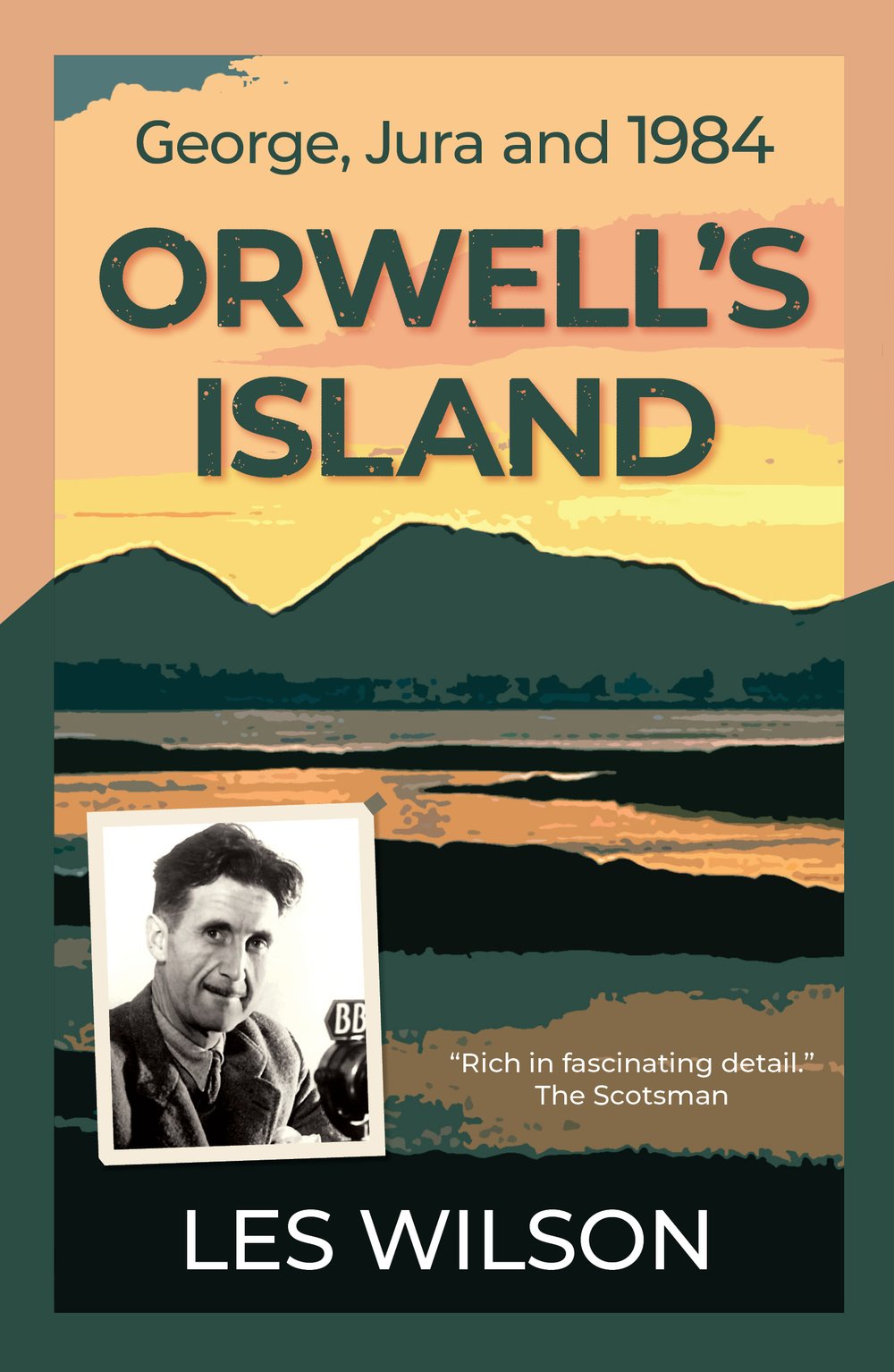Orwell's Island

Revered across the globe as an author of compelling novels, journalism, and essays that came to define the twentieth century, George Orwell was an unmatched political visionary, shining a light on the insidious nature of propaganda. Yet this chronicler of war, social injustices and urban poverty spent his later years living in a rustic abandoned farmhouse that was miles from the nearest neighbour. His rural escape was on the remote Scottish island of Jura — another paradox, given that he had harbored an irrational prejudice against Scotland for much of his life.
In 1946, Orwell arrived at his isolated home of Barnhill as a grieving widower living in the shadow of war and the nuclear threat. It was there he wrote his masterpiece, Nineteen Eighty-Four. Beyond the writing desk, he was transformed: his new life was one of natural beauty and tight-knit community — and he grew to love a corner of the world that he had once dismissed.
Orwell’s Island casts important new light on a great modern thinker and author. No previous biography has revealed so much about Orwell’s later years or his time on Jura, despite this being where he created Big Brother, the Thought Police and Room 101 — creations still in common currency today.

A former political journalist, Les Wilson has written a novel and several history books: Islay Voices, The Drowned and the Saved: How War Came to the Hebrides (winner of a Scotland’s National Book Award) and Putting the Tea in Britain: How Scots Invented our National Drink. He serves as Creative Director of Caledonia TV, directing and executive producing documentaries on Scottish history, the British monarchy (Scotland’s War, The Enchanted Glass), and many programs in the Scottish Gaelic language on literature and arts.

